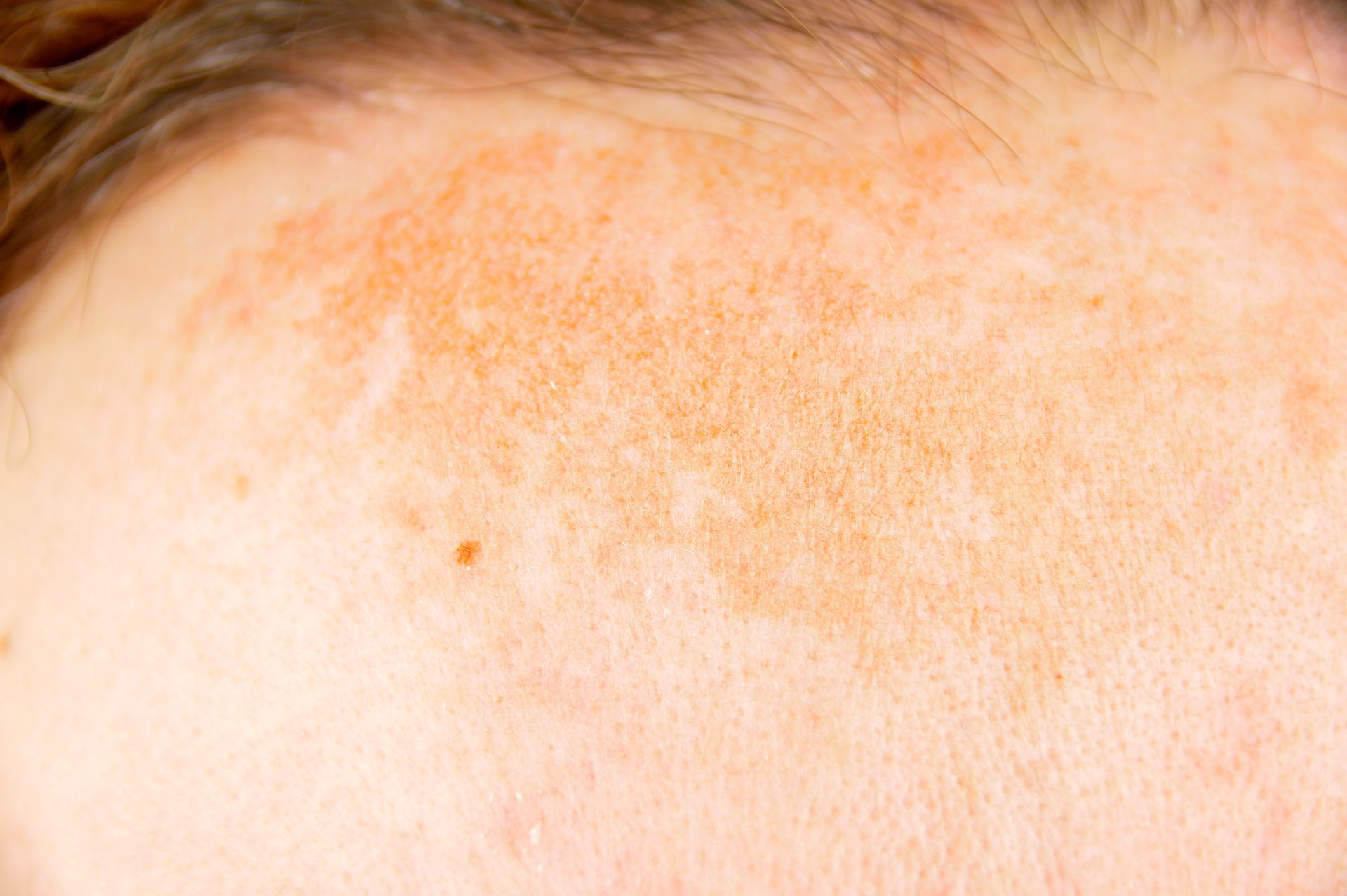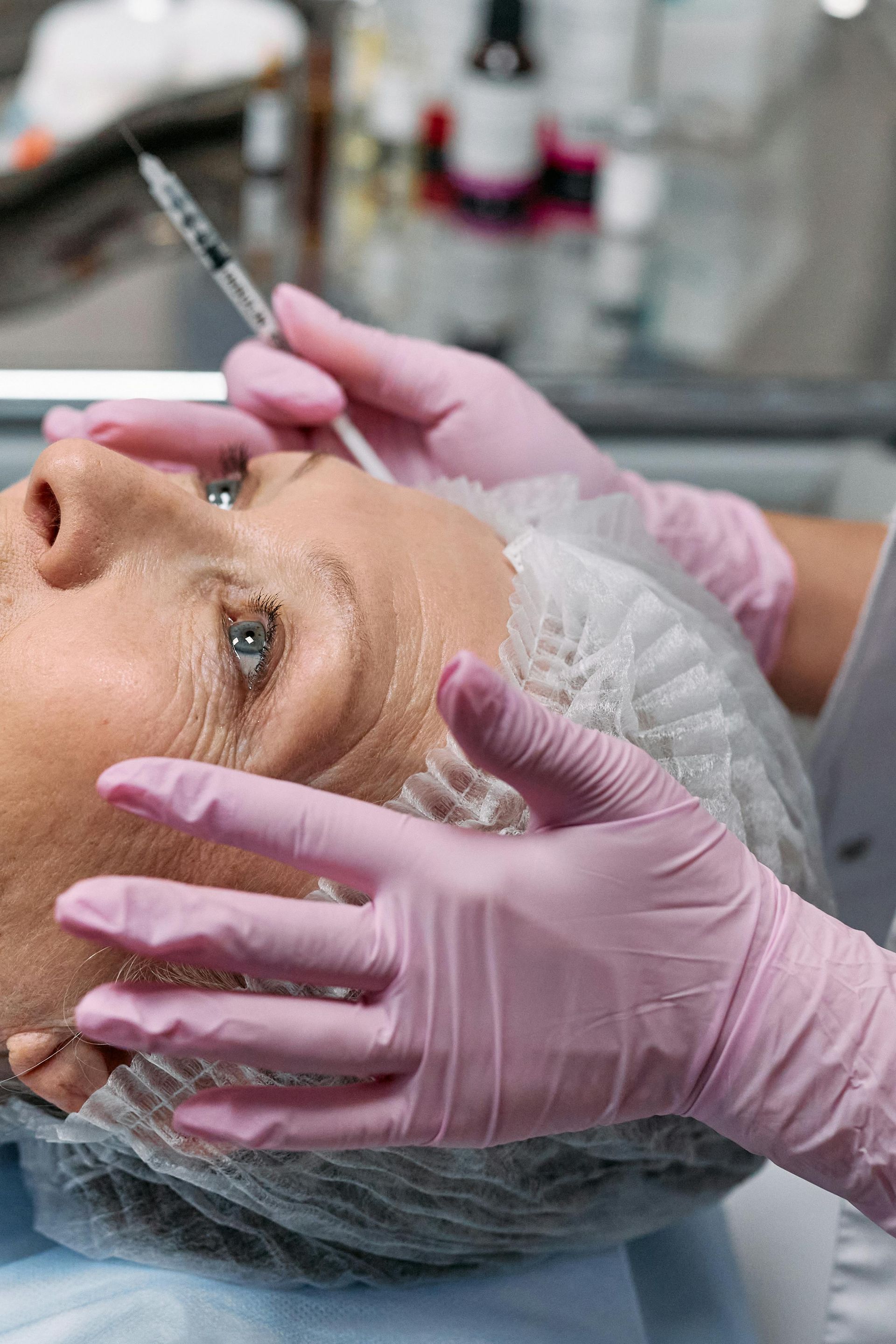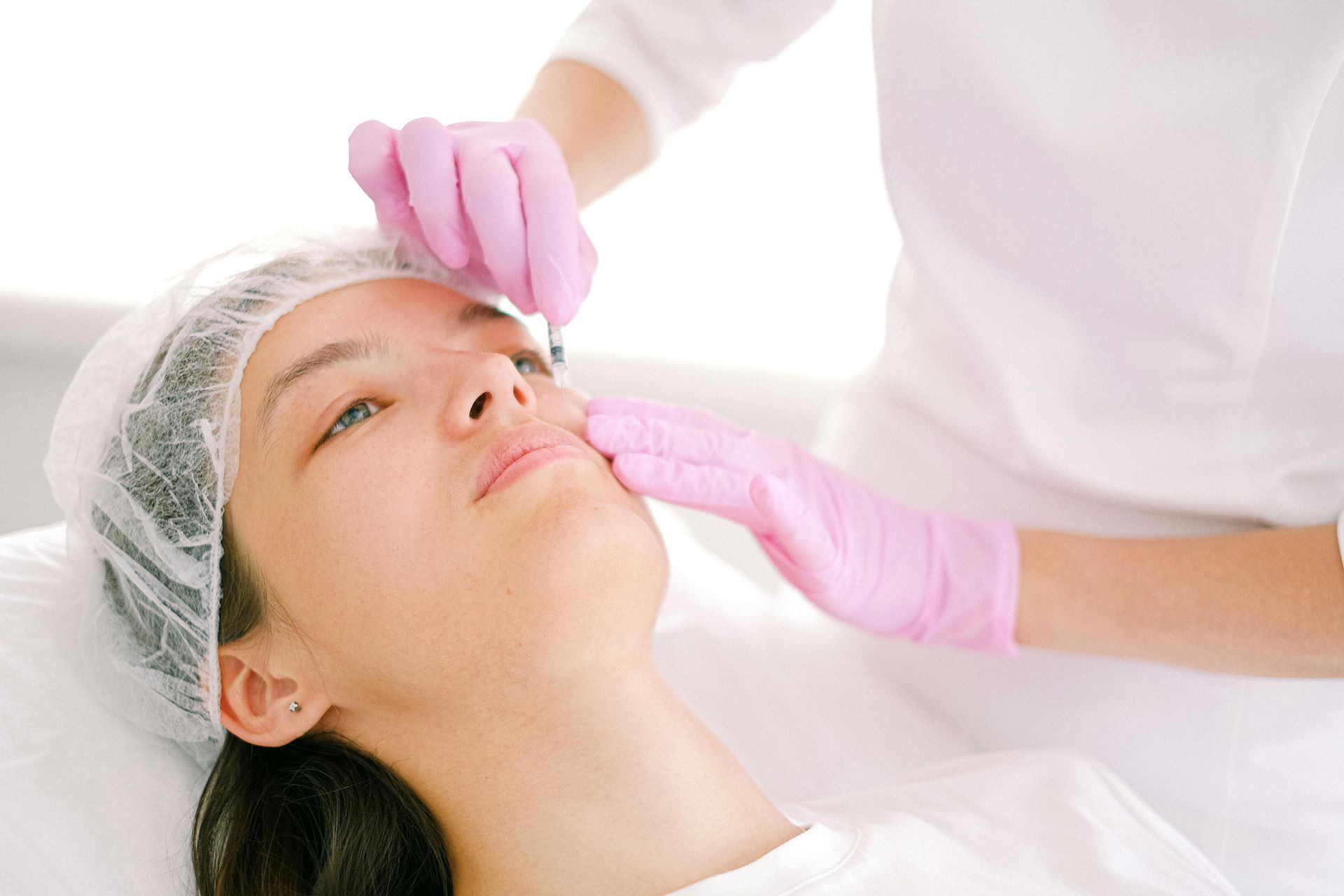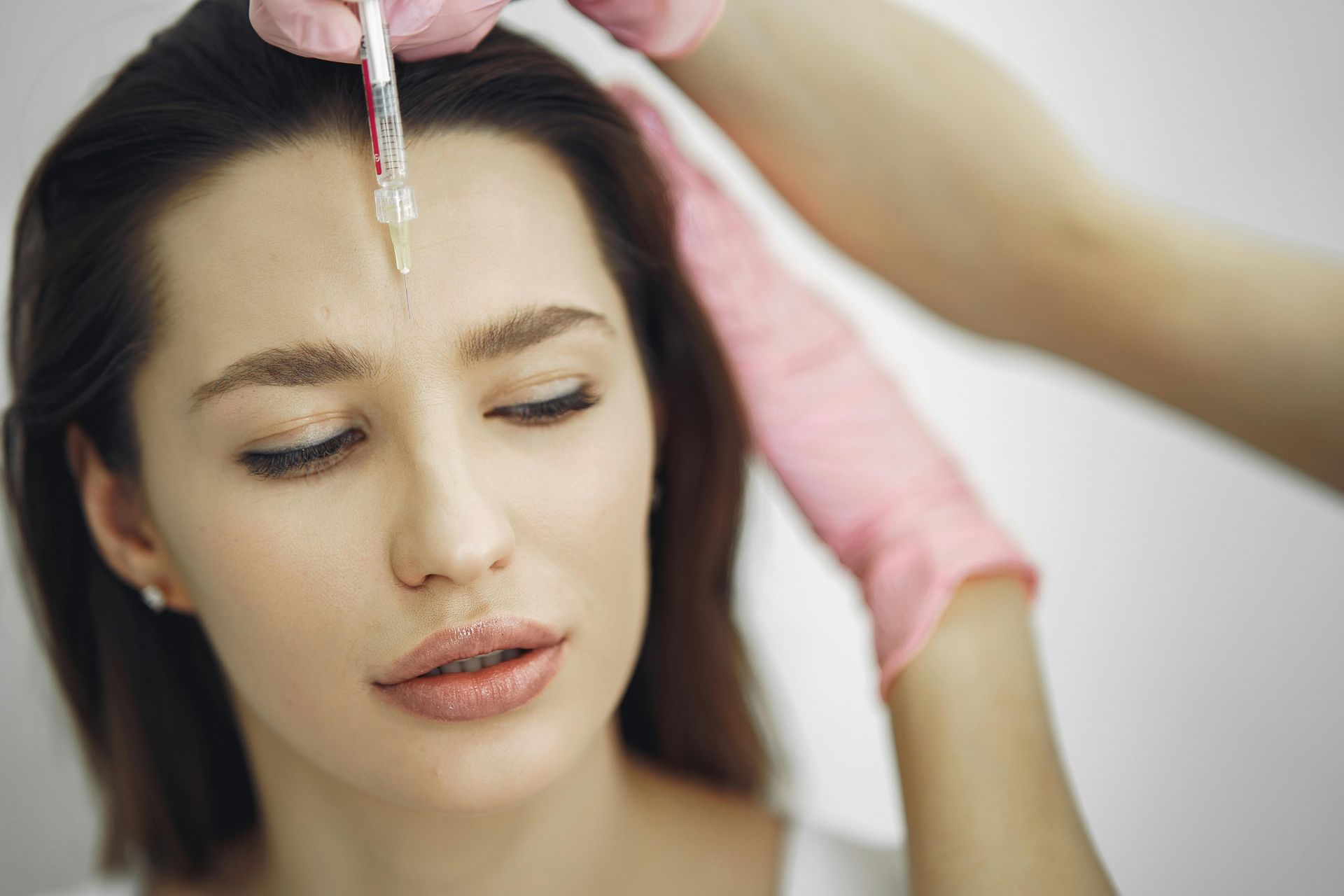Understanding Eczema: Causes, Symptoms, and Treatments
Eczema, a common skin condition affecting millions of people worldwide, can be frustrating, uncomfortable, and sometimes difficult to manage. Characterized by itchy, inflamed skin, it often manifests in various forms, and its triggers can vary significantly from person to person. If you’re dealing with eczema, knowing its root causes, symptoms, and the best available treatments is key to managing the condition effectively.
At
Kaveri Karhade MD Dermatology, we specialize in diagnosing and treating eczema. With our expert knowledge and compassionate care, we help patients regain confidence in their skin. In this blog post, we’ll explore everything you need to know about eczema and how you can seek relief through effective treatments.
What Is Eczema?
Eczema, also known as atopic dermatitis, is a chronic skin condition marked by inflammation and irritation. It typically appears as red, itchy patches on the skin and can affect people of all ages, although it often starts in childhood. Eczema is a part of the "atopic" group of diseases, which includes asthma and hay fever, indicating an overactive immune system response to irritants or allergens.
While eczema is not contagious, it can greatly impact quality of life due to its persistent symptoms. Managing the condition requires understanding both its triggers and the most appropriate treatment options to reduce flare-ups and maintain healthy skin.
Common Causes and Triggers of Eczema
Eczema doesn’t have a single cause, but it’s widely believed to be the result of a combination of genetic and environmental factors. A family history of allergies can increase your chances of having eczema. However, environmental triggers can play a huge role in eczema flare-ups. These include:
- Irritants: Chemicals found in soaps, detergents, shampoos, disinfectants, and cleaning products.
- Allergens: Dust mites, pet dander, pollen, mold, and foods like dairy, nuts, and soy can exacerbate eczema symptoms.
- Climate conditions: Cold, dry weather can cause the skin to lose moisture and crack, while excessive heat and humidity can trigger sweating and itching.
- Stress: Emotional stress is known to worsen eczema, even though it’s not a direct cause.
- Hormonal changes: Fluctuations in hormones, especially in women during pregnancy or menstruation, can trigger eczema flare-ups.
Understanding what causes your eczema can help you avoid flare-ups and develop a treatment plan that keeps symptoms under control.
Recognizing the Symptoms of Eczema
Eczema can present itself differently depending on the age of the individual, but there are a few common symptoms across all age groups. The most typical symptoms include:
- Dry, sensitive skin: The skin may feel tight or look dry, particularly in the affected areas.
- Intense itching: This is one of the most troublesome symptoms, often worsening at night.
- Red, inflamed patches: These can appear anywhere on the body but are commonly found on the face, neck, and limbs.
- Crusting or oozing: In some cases, the skin may crack or ooze, leading to infections.
- Thickened skin: Chronic scratching can cause the skin to thicken in areas, a condition known as lichenification.
Eczema symptoms can vary in severity, and flare-ups can be sporadic or chronic, making personalized treatment plans essential.
Available Treatments for Eczema
Eczema treatments focus on controlling symptoms, reducing flare-ups, and preventing infection. While there’s no cure for eczema, a variety of treatments can help manage the condition. Here are the most common approaches:
- Topical treatments: Moisturizers are essential for keeping the skin hydrated, while corticosteroid creams and ointments are used to reduce inflammation. In more severe cases, topical calcineurin inhibitors may be prescribed to suppress the immune response.
- Oral medications: For moderate to severe eczema, doctors may prescribe oral corticosteroids or immunosuppressants to control inflammation from within. Antihistamines can also help manage itching.
- Light therapy (phototherapy): UV light treatment is often recommended for people whose eczema doesn’t respond to topical treatments. Phototherapy helps reduce inflammation and improve skin health by exposing the skin to controlled UV rays.
- Biologics: Newer treatments, such as biologic drugs like dupilumab, target the immune system to prevent flare-ups by blocking specific proteins responsible for inflammation.
- Lifestyle modifications: Identifying and avoiding personal triggers, managing stress, and using gentle skincare products can also significantly reduce flare-ups.
At Kaveri Karhade MD Dermatology, we provide individualized treatment plans tailored to the unique needs of our patients, ensuring that you receive the best possible care for your skin.
How to Prevent Eczema Flare-ups
While managing symptoms is crucial, preventing flare-ups is equally important. Here are some tips for keeping eczema under control:
- Moisturize regularly: Apply a thick, fragrance-free moisturizer to your skin immediately after bathing to lock in moisture.
- Use mild, fragrance-free products: Switch to gentle cleansers and soaps to avoid irritating your skin.
- Take short, lukewarm showers: Hot water can dry out the skin, so it’s best to limit the time spent in the shower and use lukewarm water instead.
- Wear breathable fabrics: Opt for soft, natural fibers like cotton, which are less likely to irritate the skin.
- Manage stress: Since stress can trigger eczema, consider practices like yoga, meditation, or other relaxation techniques to keep your stress levels in check.
Preventing flare-ups often requires a combination of good skincare practices and avoiding known triggers. By working with a dermatologist, you can create a plan to maintain healthy skin and minimize the impact of eczema on your daily life.
Contact Us for Professional Dermatology Care in San Francisco, CA
At
Kaveri Karhade MD Dermatology, we understand the challenges
eczema can bring to your life. Our goal is to help you manage this condition with the most effective treatments available. If you’re struggling with eczema, don’t wait for relief—contact us today at
(415) 234-0809 to schedule an appointment. We also offer
skincare regimens,
dermal fillers,
skin lesion removal,
acne and acne scar treatment, and more. We're dedicated to supporting your skin's well-being.










